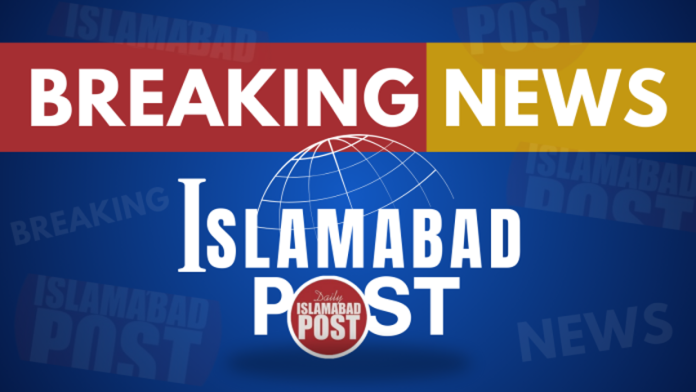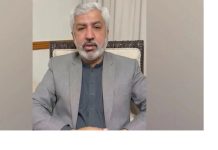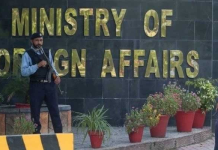Saifullah Ansar
ISLAMABAD, At the 8th Leaders in Islamabad Business Summit 2025, industry leaders and policymakers emphasized the need to reframe Pakistan’s climate conversation, making it more localized and human-centric to drive meaningful grassroots action.
Speaking during the “Climate and Sustainability” session, Sadia Dada, Chief Distribution and Marcomms Officer at K-Electric (KE), highlighted the disconnect between high-level policy discussions and community-level engagement.
“While climate change has long been on policy agendas, the bottom-end user still does not understand the narrative—if we lose them, we lose the momentum,”Dada stated.
She stressed the importance of tailoring messages that resonate with everyday realities to encourage ethical consumption, energy conservation, and community participation.
Dada cited KE’s award-winning Roshni Baji Programme as a successful example of localized climate action.
By hiring female safety ambassadors (Roshni Bajis), KE has reached nearly a million households, educating communities on electricity safety—particularly in areas where male staff faced access challenges during daytime visits.
She also pointed to urban infrastructure challenges, grid stress, and safety risks in densely populated communities, noting that women and children remain key agents of change.
“Children are far more receptive to sustainable ideologies,” Dada said, advocating for climate education to be reintroduced in schools.
On the digital front, she shared that over half a million KE users have shifted to e-billing, reducing paper waste and operational inefficiencies—a small change with significant sustainability gains.
Dr. Samuel Rizk (UNDP Pakistan) warned of Pakistan’s extreme vulnerability to floods, droughts, and glacial lake outbursts, urging a shift from recovery to preparedness.
“A single event can claim 20,000 lives and destroy millions of households,” he said, calling for greater investment in early warning systems and localized solutions.
– Maya Inayat Ismail (HBL) highlighted the private sector’s evolving perspective, viewing climate action not just as a risk but as a business opportunity.
She discussed HBL’s ESG-linked lending models and the role of AI-driven insights in climate-aligned decision-making.
Umer Ahsan Khan (CEO, Dawlance) emphasized sustainable manufacturing, revealing that their latest appliances produce 50% fewer emissions than those made a decade ago.
He stressed the need for public awareness on energy-efficient upgrades.
Ayla Majid (ACCA Global President) underscored the importance of integrating sustainability into professional education, aligning global reporting frameworks to foster green financial practices.
The session concluded with a consensus that narrative-building, data-driven reporting, and cross-sector collaboration are essential for effective climate action.
“Climate reporting should not just be a compliance tool but a means to unlock finance and foster partnerships,” said moderator Sajjeed Aslam.
Participants agreed that while Pakistan faces severe climate threats, it also possesses the innovation potential and talent to lead in climate resilience—provided there is stronger alignment between policy, industry, and communities.
















